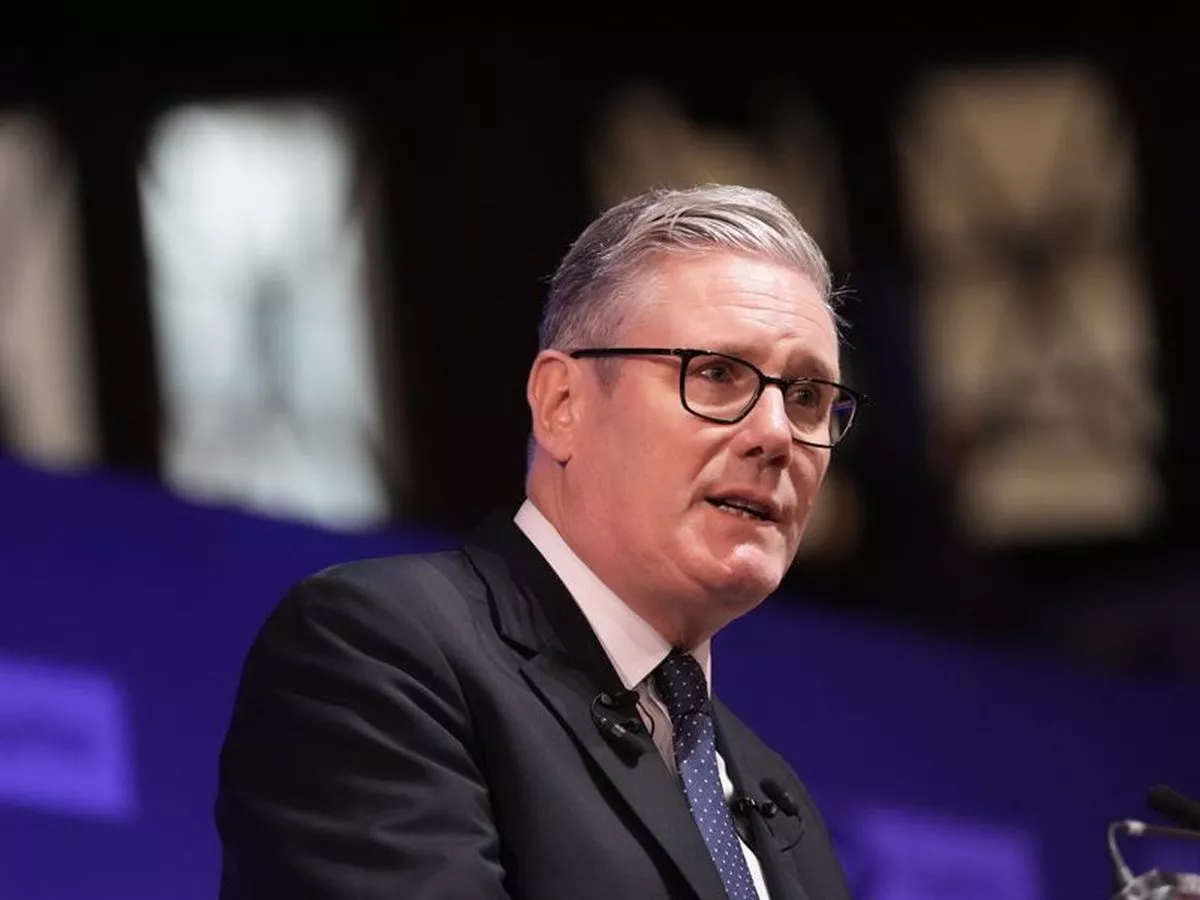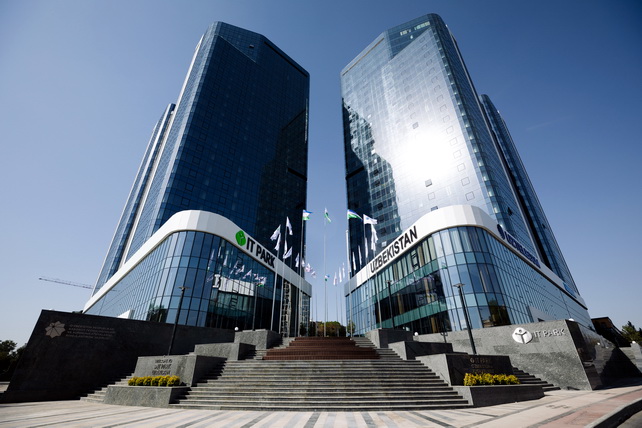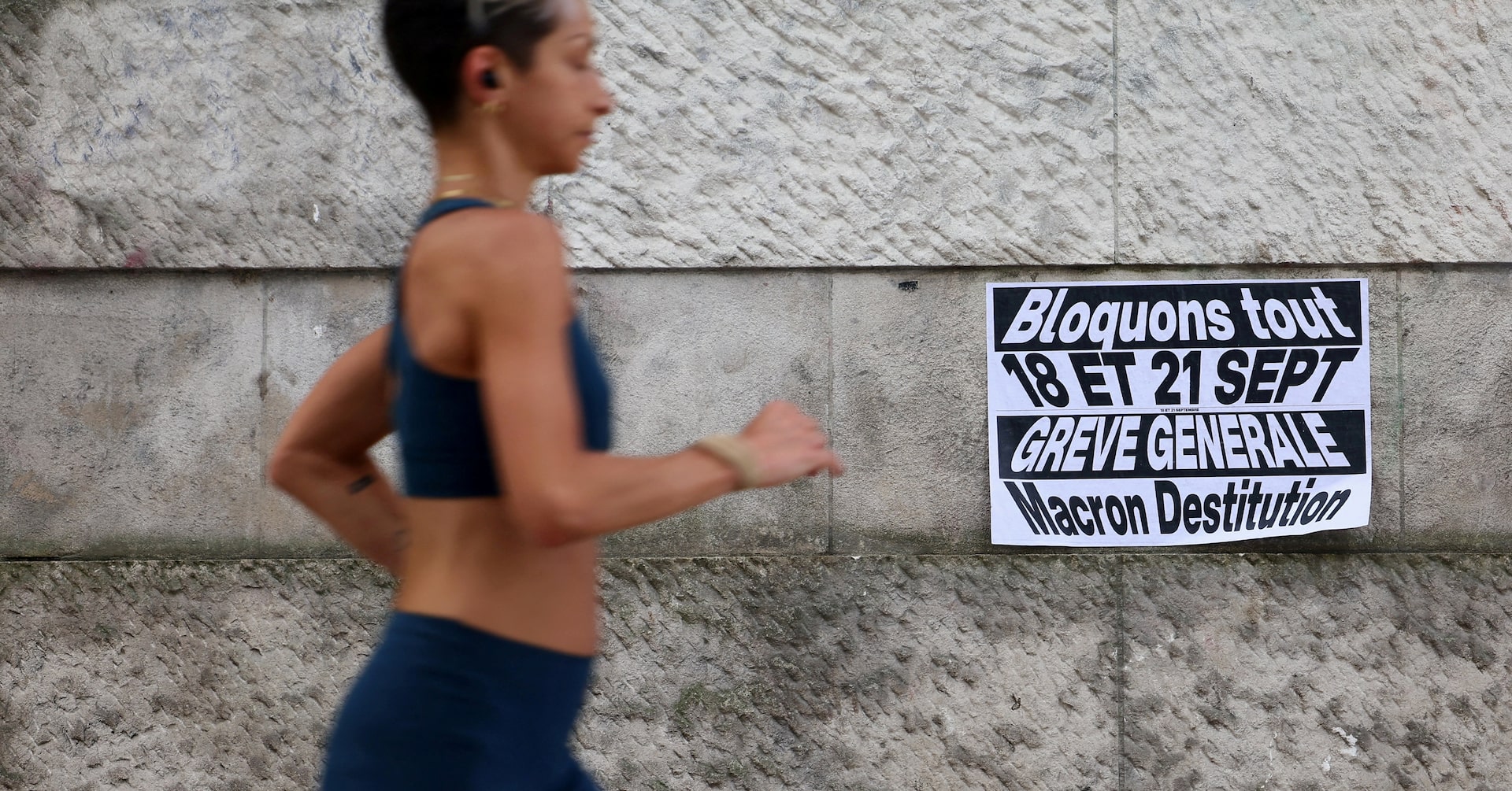By Greta Simpson
Copyright manchestereveningnews

Opinions were divided in Manchester city centre today (September 26) following the announcement by the government t hat digital ID cards will made compulsory for working people across the country. The government say the ID will be free and stored digitally on people’s mobile phones – and that it will be compulsory for demonstrating the right to work, previously done with a passport, visa or residence permit, or other immigration documents. In a speech delivered today, prime minister Sir Keir Starmer said: “You will not be able to work in the United Kingdom if you do not have digital ID. It’s as simple as that.” Sign up to the MEN Politics newsletter Due North here The government argue that the scheme will help to curb illegal immigration as it will now be harder for those without settled status to find jobs and earn money. They also say it will make it easier for citizens to prove their right to rent, and apply for driving licences and benefits, promising that it will be ‘inclusive’ for those without smartphones, internet or a passport. A public consultation is expected to be launched later this year, with the scheme due to be rolled out ‘before the end of Parliament’, i.e. August 2029. Starmer called it ‘an enormous opportunity’ for the UK that will ‘make it tougher’ to work illegally and help citizens access key services ‘more swiftly than hunting around for an old utility bill’, which is commonly used as proof of address. But apart from a couple of outliers, most of the people the Manchester Evening News spoke to today were not in favour of the scheme. 24-year-old Freddie, who said he worked in hospitality, said: “It feels like the government is taking away people’s privacy, with the excuse that it’s about people’s safety. “I think that’s a scare tactic and I think they have ulterior motives behind it.” Freddie was one of several people the M.E.N spoke to who drew comparisons to the Online Safety Act, which became law in 2023. Under the act, as of July 2025, people wishing to access pornographic material online must verify that they are over 18, which can be done by several methods including providing credit card information or photo ID. Ostensibly designed to prevent children from accessing explicit material, the move has attracted vocal criticism from those who see it as a threat to the right to privacy and freedom of expression. “Now people need ID to go on adult websites,” said Freddie. “That feels like tracking what people do – and what are they doing with that data? “Are they selling it? This is why I don’t have any social media to begin with.” “I don’t love it,” agreed 27-year-old Lu, who said she worked as a photographer. “I would rather not have a digital ID – I’m trying to move away from using technology. I hate having a smartphone on me, but you need it for everything nowadays. “Privacy is becoming more and more precious. I know in Europe a lot of places have the ID scheme already, but I think it’s part of privacy being stripped away.” “Online age verification was done ‘to keep children safe’ but it’s very problematic, I think,” she said. “It’s getting pretty close to tracking what people do.” Peter Lamb, 23, was in agreement. The Liverpudlian was strolling St Peter’s Square on a day out in Manchester. “I think it’s an intrusion onto people’s privacy – but it’s the digital age and the way things are going now,” he said. “You’ve got digital currency and cash dying out as it is. But what about the older generation? If they’re not up to date with it, they’ll get left behind. “I don’t agree with it, and I think a lot of people won’t, but if they are going ahead with it, there’s not a lot we can do to stop it.” A 65-year-old woman, who did not give her name, said: “It won’t affect me or other pensioners. I know many elderly people don’t have access to the internet, but it wouldn’t bother me, I’ve got nothing to hide. “The government have already got your passport, you already have to carry your driving licence around – Big Brother’s watching you already.” Another elderly gentleman who did not give his name said he was ‘not impressed’ by the scheme. “I think it’s trying to get tax off people who are working illegally,” he said. “But who is going to pay for it?” 18-year-old Rema said she didn’t see why it was necessary to begin with. “We all already have bank cards, driving licences, passports – there’s no need for another form of ID,” she said. “You could be changing the world, not talking to me about ID cards. There’s much bigger things to be worried about.” Having a cigarette outside the council offices was 81-year-old Neil Sykes. He still works as an accountant – and was extremely sceptical of the ID scheme. “Companies House are now asking all business directors to verify their ID on their website,” he said. “It’s taking people hours to do it online, country-wide – and if they bring in this ID system, it’ll be the same, they will mess it up. “Apart from that, I’m not sure I’m in favour of the idea. It will encroach more and more on citizens and it will become a burden. “I don’t trust this government with anything, never mind my personal data.” “It’s alright if you’re good with technology, but a lot of older people can’t cope with it,” said 75-year-old Jean, who said she was retired. “My vision is impaired so I have difficulty with screens. “Because of the amount of immigration, it could be a good thing, but I think a lot of illegal working will still go on, undercover. “It depends on how the government manage this. It’s got a lot of things wrong so far.” Students Adam Carter and Monique Bowyer, both 20, were on the fence about the scheme. “I’m not too clued up on it, but it reminds me of your student ID, where everything works off one card, which is really useful,” said Adam. “A lot of people I know don’t know about it, so it would be good if the government publicised it better. “I think as young people, any big change like this can make us fearful of the future. When you’re first applying for jobs, it’s already daunting.” Monique drew comparisons to the Online Safety Act as well. “That was supposed to help with children, stopping them accessing things on the internet,” she said. “But people are using VPNs – they will find another way around it. These measures can always be breached.” Ex-serviceman Myk Nolan, 58, was unequivocal about the scheme: “It’s communism.” “I was in the army so I’m used to carrying ID on me all the time, but I think it’s a step down that road. “They’ve talked about bringing it in before – Tony Blair tried it, now Starmer is trying it. But I think it’s a thumb in a dike,” he continued, meaning a small effort to prevent a significant problem. “They should deal with the root of the issue, illegal immigration, and then bring in those measures afterwards and see if people want it. “But I think at some point it will be linked to your finances and credit score. We are already a cashless society. “At the moment we have reasonable politicians, but it only takes one person who doesn’t, and we could be headed for an autocracy.”



